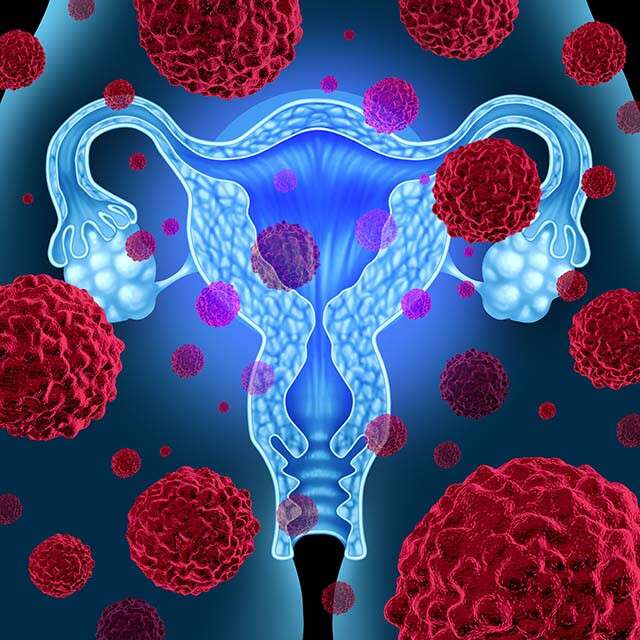Gynecological Cancer Treatment
Gynecological Cancer Treatment -
Comprehensive Care and Advanced Therapies
The gynecological cancers are cancers in the cervix, womb, ovaries, vagina, and vulva. Of these, the cancers of the cervix, womb, and ovaries are relatively common. Each of these cancers is different in its risk factors, screening options, presentation, and response to treatment and survival rates. Gynecological cancer treatment is a critical area of healthcare that focuses on the diagnosis, management, and care of cancers affecting the female reproductive system, including ovarian, uterine, cervical, vulvar, and vaginal cancers.
These cancers, while diverse in their origins and characteristics, share the common challenge of requiring specialized care to ensure the best possible outcomes for patients. The approach to treating gynecological cancers is multifaceted, combining advanced medical technology, innovative therapies, and compassionate care tailored to each individual’s needs. Early detection and accurate diagnosis are crucial in improving survival rates, and this is achieved through regular screenings, such as Pap smears, HPV testing, and pelvic exams, which can help identify precancerous conditions and early-stage cancers.

Once diagnosed, the treatment plan for gynecological cancers typically involves a combination of surgery, radiation therapy, chemotherapy, and targeted therapies. Surgical options may range from minimally invasive procedures to more extensive surgeries, depending on the cancer’s stage and location. Radiation therapy uses high-energy beams to destroy cancer cells, while chemotherapy involves the use of potent drugs to target and kill cancer cells throughout the body. In recent years, targeted therapies and immunotherapies have emerged as promising options, offering more personalized and effective treatment strategies by focusing on specific genetic mutations or markers within the cancer cells.
Throughout the treatment process, a multidisciplinary team of specialists, including gynecologic oncologists, radiation oncologists, medical oncologists, and supportive care professionals, collaborates to provide comprehensive care. This team approach ensures that all aspects of a patient’s physical, emotional, and psychological well-being are addressed. Support services, such as counseling, nutritional guidance, and pain management, play a vital role in helping patients navigate the challenges of cancer treatment and maintain their quality of life.
In addition to the clinical aspects of treatment, research and clinical trials are continually advancing the field of gynecological oncology. These studies explore new drugs, treatment combinations, and approaches to improve outcomes and reduce side effects. Patients may have the opportunity to participate in clinical trials, gaining access to cutting-edge therapies that are not yet widely available. Preventative measures, such as HPV vaccination and lifestyle modifications, are also emphasized to reduce the risk of developing gynecological cancers.
The journey through gynecological cancer treatment can be overwhelming, but with the support of a dedicated medical team and the latest advancements in care, patients can have hope for a positive outcome. The focus on individualized treatment plans, patient-centered care, and ongoing research ensures that each patient receives the best possible care tailored to their unique situation. As the field of gynecological oncology continues to evolve, there is optimism that new discoveries will lead to even more effective treatments and ultimately, cures for these life-threatening diseases.
